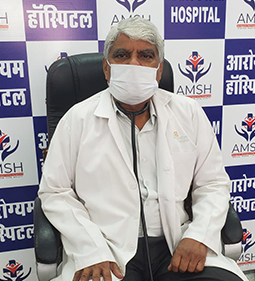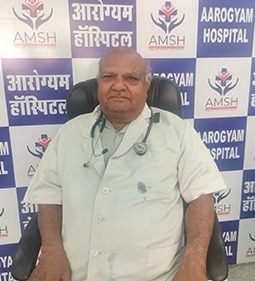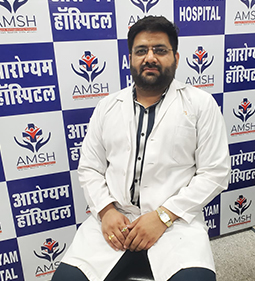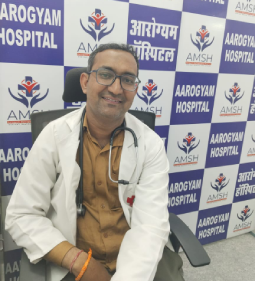
Orthopedics
Orthopedics is a branch of medicine that focuses on diagnosing, treating, and managing disorders of the musculoskeletal system, which includes bones, joints, ligaments, tendons, and muscles.
Orthopedic specialists, also known as orthopedic surgeons, are trained to handle a variety of conditions ranging from fractures to chronic joint pain and sports injuries.
1. How do doctors become orthopedic specialists?:
To become an orthopedic specialist, a doctor must complete extensive training:
- Medical Degree: 4–6 years of undergraduate medical education.
In Australia, the training allows doctors to become both gynaecologists and obstetricians, who specialise in the care of women during pregnancy and birth. But in practice, most who work in cities choose to be either a gynaecologist or an obstetrician. Some gynaecologists who work outside cities do both.
2. What does a gynaecologist do?:
Gynaecologists diagnose and treat conditions specific to women. They can offer medical, hormonal and surgical treatments. Gynaecologists see their patients in a clinic or surgery and many operate in both public and private hospitals.
period problems, such as irregular or heavy periods
pain in the lower abdomen
unusual vaginal bleeding or pain
infertility, contraception or family planning
concerns about their pelvic floor
cancer of the ovaries, cervix or uterus
menopause or hormone replacement therapy
miscarriage
3. How much does a gynaecologist cost?
If you see a gynaecologist through the public hospital system, it is free. Medicare will cover all costs.
If you see a gynaecologist in a private hospital or in their surgery or clinic, you’ll most likely pay a fee.
Some private gynaecologists bulk bill, meaning Medicare will cover the full cost.
Private health insurance may cover some of the costs of seeing a gynaecologist in a hospital. But you can't claim on private health insurance for the costs of seeing a specialist outside a hospital. Ask your health fund.
Ask your doctor or their staff about any fees you’ll be charged, and what Medicare will cover.
You don't need a referral to see a specialist. However if you don't have one, neither Medicare nor private health insurers will be able to contribute to the cost.

 DR. J P GUPTA
DR. J P GUPTA DR. RAMNATH MEENA
DR. RAMNATH MEENA DR. AASHISH MANOCHA
DR. AASHISH MANOCHA DR. VIKAS GUPTA
DR. VIKAS GUPTA